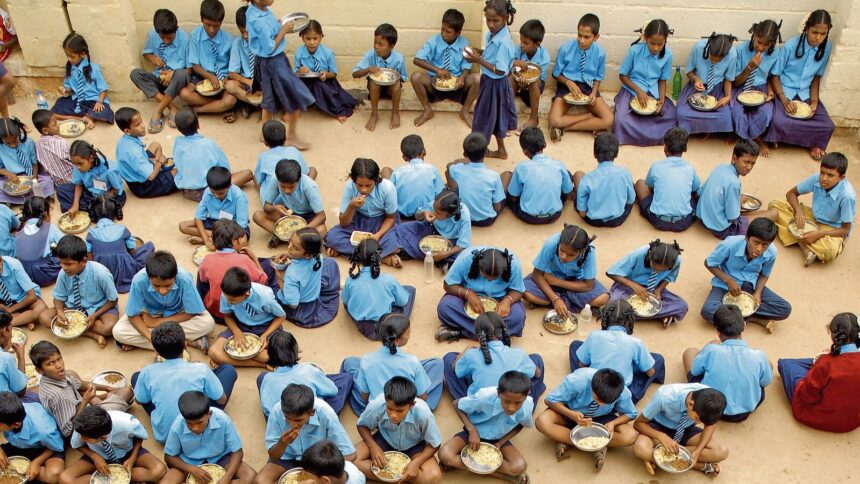The No-Detention Policy in Education: A Focus on Tamil Nadu’s Stand Amid National Changes
In recent years, the education landscape in India has undergone significant transformations, particularly regarding policies governing student retention and promotion. One of the most contentious developments has been the reconsideration of the ‘no-detention policy’ that was established to ensure children could progress through early schooling without the fear of being held back due to failure in examinations.
As per the latest updates, Tamil Nadu has reaffirmed its commitment to maintaining the no-detention policy for students up to Class 8, despite the Centre’s new directive permitting schools to detain students in Classes 5 and 8 who do not pass their exams. This decision, articulated by Tamil Nadu’s School Education Minister Anbil Mahesh Poyyamozhi, signals the state’s recognition of the challenges faced by children from disadvantaged backgrounds in the education system.
An Overview of the No-Detention Policy
The no-detention policy, introduced in 2009 under the Right to Education Act, aimed to promote inclusive education by ensuring that students, regardless of their academic performance, could advance to the next grade without the fear of detention. This policy was especially crucial for children from underprivileged families, as it provided them with uninterrupted access to education, allowing them to overcome various socio-economic challenges.
However, in a recent move by the Central Government, the policy has been re-evaluated, allowing states and Union Territories to implement measures that could lead to the detention of students in certain classes if they do not meet academic standards. Following the amendment, it has been reported that at least 18 states and Union Territories have opted out of the no-detention policy for Classes 5 and 8. This shift has sparked a heated debate within educational circles regarding its implications for student welfare.
Tamil Nadu’s Commitment to No-Detention Amid National Policy Shift
Tamil Nadu’s decision to uphold the no-detention policy stems from a desire to protect the educational rights of the state’s children, particularly those from marginalized communities. Minister Poyyamozhi’s remarks underscore the potential barriers that the central government’s policy could create for economically disadvantaged families. His emphasis on the "regrettable" nature of the revised policy draws attention to the fundamental principle that education should be accessible and continuous.
Moreover, the minister pointed out that the Centre’s decision could hinder children’s opportunities for learning, particularly at a formative age where foundational knowledge is paramount. The withdrawal of the no-detention policy could result in children experiencing setbacks at critical junctures in their educational journey, exacerbating issues of drop-out rates and educational inequity.
What the New Guidelines Say
Under the revised guidelines set forth by the Centre, if a student fails to meet promotion criteria after regular examinations, they are entitled to additional instruction and an opportunity for a re-examination within two months. Should the student fail the re-exam, they will be held back in their current class. This structured approach, intended to address learning gaps, includes provisions whereby class teachers must engage with both students and their parents to provide necessary support.
However, the new policy clarifies that no child shall be expelled from any school until they complete their elementary education, thus preserving a degree of protection against educational exclusion.
The Road Ahead: Balancing Standards and Accessibility
The ongoing policy debates illustrate the complexities of education reform in India. While setting academic standards is essential for improving education quality, it must be balanced with the recognition of the challenges faced by students, particularly those from disadvantaged backgrounds. The decisions made by states like Tamil Nadu could set important precedents in how educational policies evolve in response to national directives.
For parents, educators, and policymakers alike, the focus should remain on creating a holistic education system that not only raises academic standards but also cultivates an inclusive environment where every child has the opportunity to succeed. Tamil Nadu’s stand could serve as a blueprint for other states grappling with similar issues amid a changing educational landscape.
As education remains a pivotal issue for India’s future, it will be crucial for stakeholders to advocate for policies that not only challenge children to achieve but also support them in their journey of learning. The debate surrounding the no-detention policy is far from over, and its implications will continue to resonate as states navigate the balance between reform and equity.










